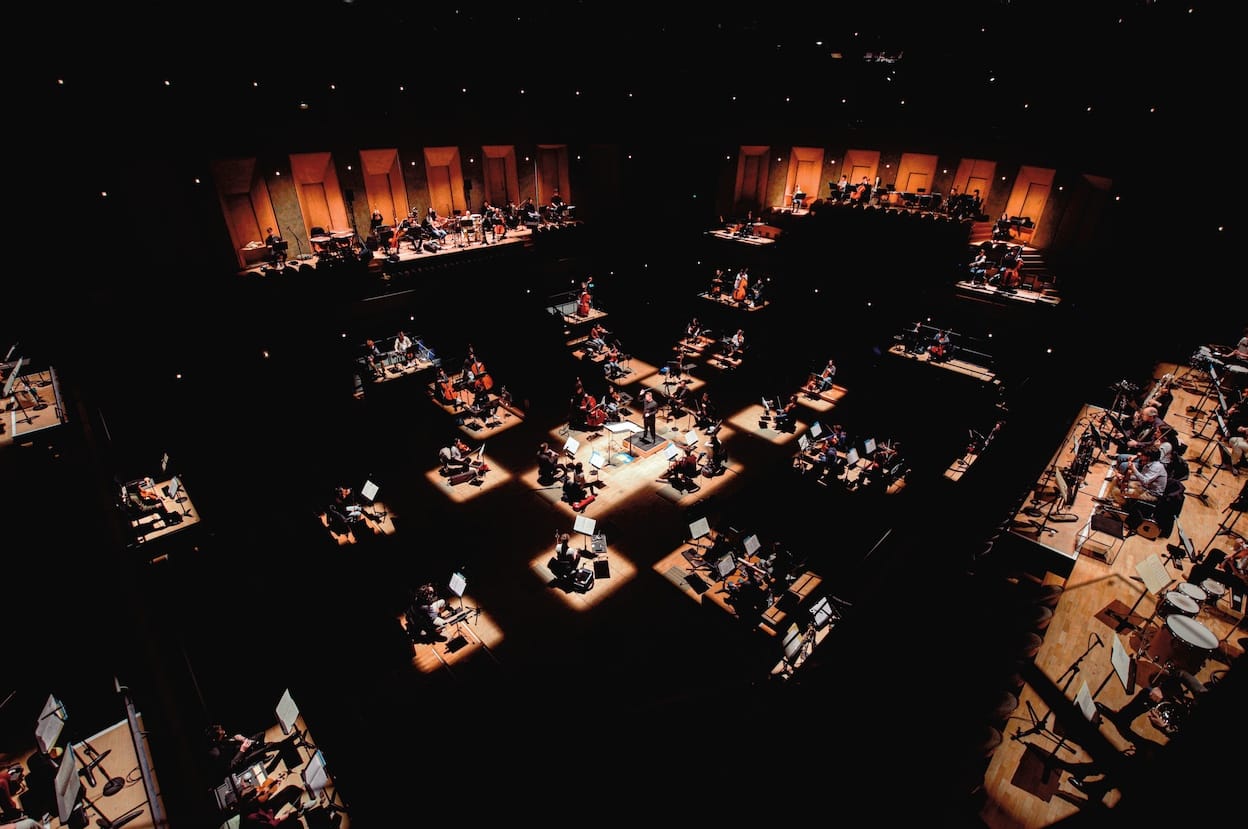
Paul Griffiths' “Modern Music and After” is widely regarded as the standard textbook on post-war avant-garde music. But don’t let the word “textbook” put you off. I rather stupidly expected it to be dry and academic, but it is in fact a joy to read. I now have a better understanding of why I enjoy listening to some composers (Boulez, Ligeti, Ferneyhough, Grisey) and not to others (Schnittke, Rihm, Glass, Andriessen, Gorecki).
As Griffiths writes in the introduction, “Modern Music and After” is not a history of music since 1945 or a history of Western classical music since 1945. It is an account of a musical movement that gained momentum after the Second World War, one that has its roots in the decades preceding it, and that Griffiths aptly describes as a movement of radical renewal. For this is what drove Boulez and Stockhausen, but also Reich, Grisey and Lachenmann.
In 28 short chapters Griffiths presents a thematic survey of developments in post-war music. The focus in the first few chapters is on the “heroes” of the avant-garde: Boulez, Stockhausen and Cage. Subsequent chapters deal with events taking place in several key years (1945, 1956, 1965, 1975, 1989 and 2001). There are also chapters on spectralism, old and new complexities, new simplicities and new romanticisms and holy and unholy minimalisms. Griffiths also considers the impact of social and political currents and technological change on contemporary music.
Griffiths does not dwell on biographical details (of which there is too much in Alex Ross’ “The Rest Is Noise”) and foregoes subjective interpretations and cultural criticism (of which there is too much in Tim Rutherford-Johnson’s “Music After the Fall”). Instead he focuses on the music and the objective “technical” innovations of the composers he discusses. The book doesn’t include any photographs of composers or musicians either, which wouldn’t add much value anyway. The only illustrations are of musical scores, one hundred in total. In each case Griffiths carefully explains what is noteworthy about the score snippet, which I found particularly helpful.
I’m one of the few individuals who actually enjoys listening to avant-garde music, though not everything of course. Stockhausen is a case in point. He has a reputation for being “difficult”, but I actually enjoyed hearing some of his compositions from the 1950s, which I had not previously listened to and which still sound fresh and modern. It’s the early experiments with electronic music that I don’t like and that now sound dated.
If you enjoyed reading Alex Ross' "The Rest Is Noise" or if you're simply looking for an informative, comprehensive book on contemporary music, don’t let the cover put you off: “Modern Music and After” is a highly readable and lively book.
Paul Griffiths is also the author of “A Concise History of Western Music”, which I look forward to reading next and “The Penguin Companion to Classical Music”, which appears to be out of print.